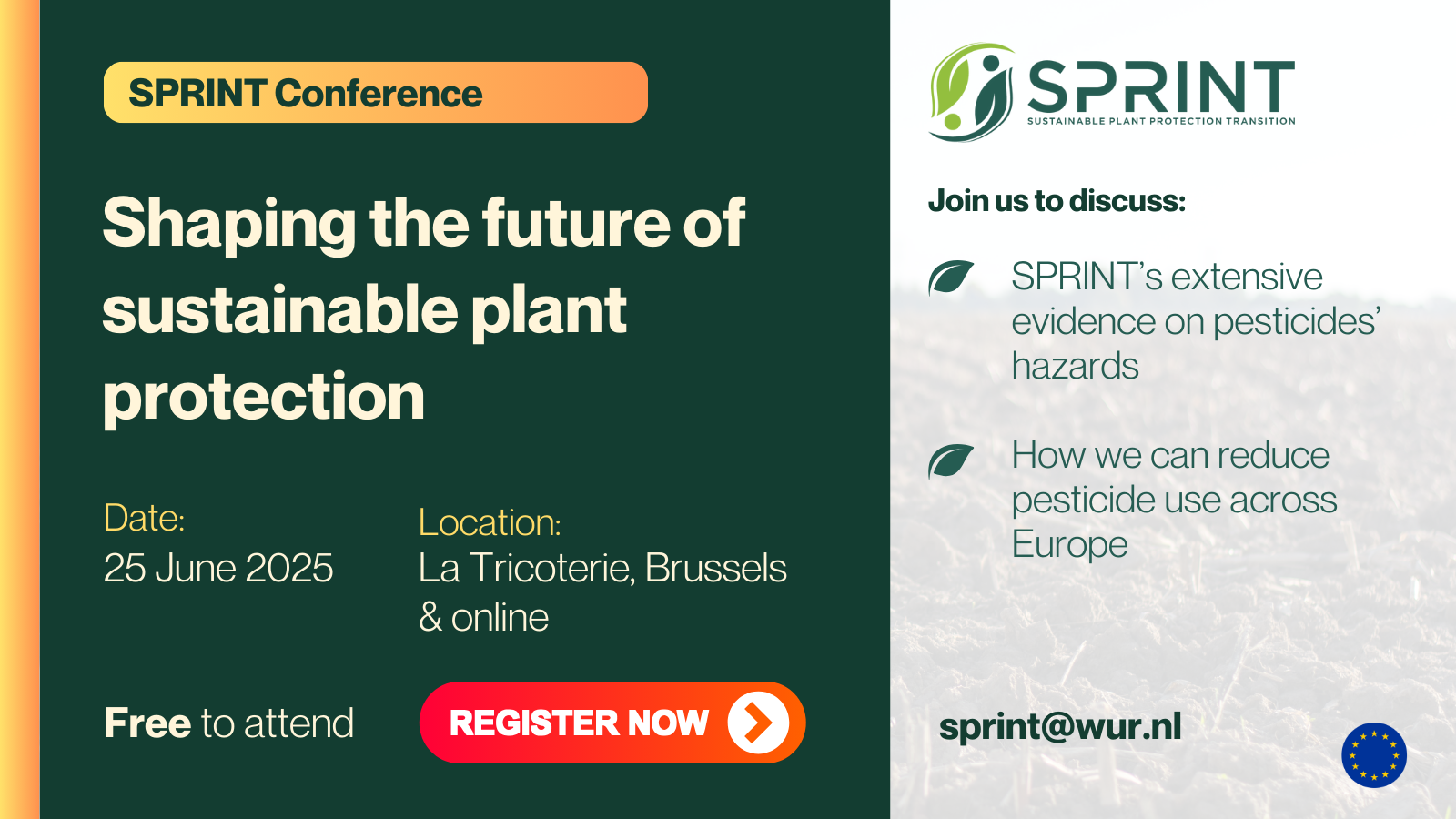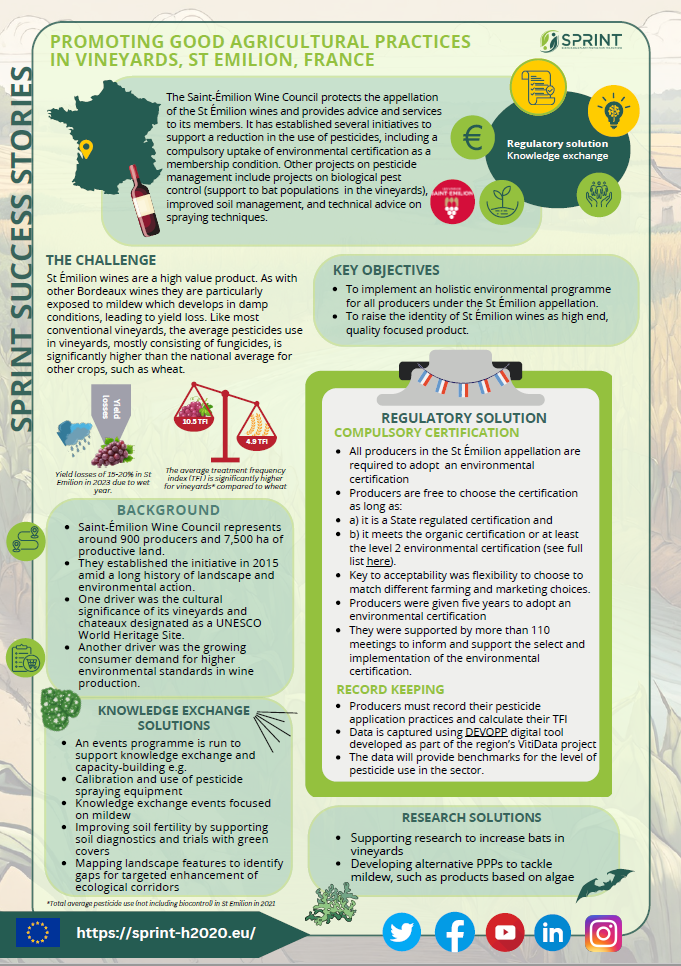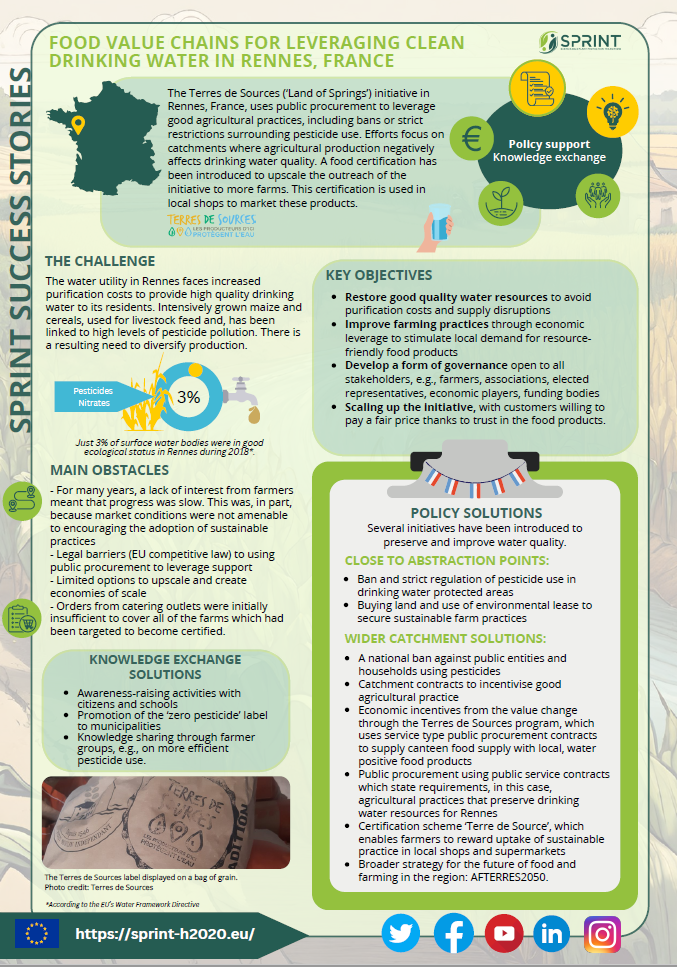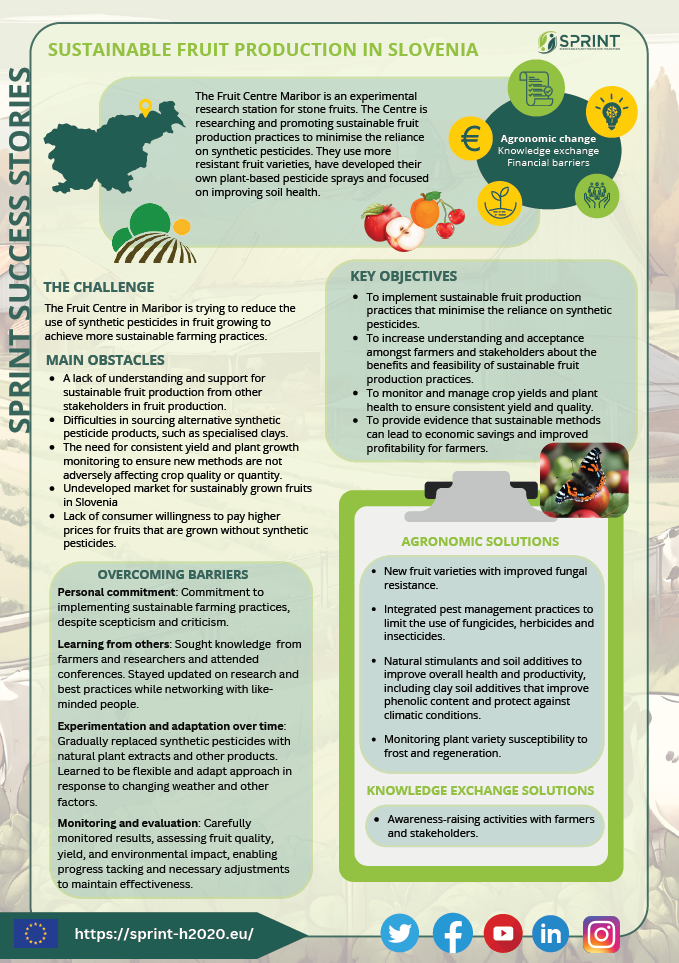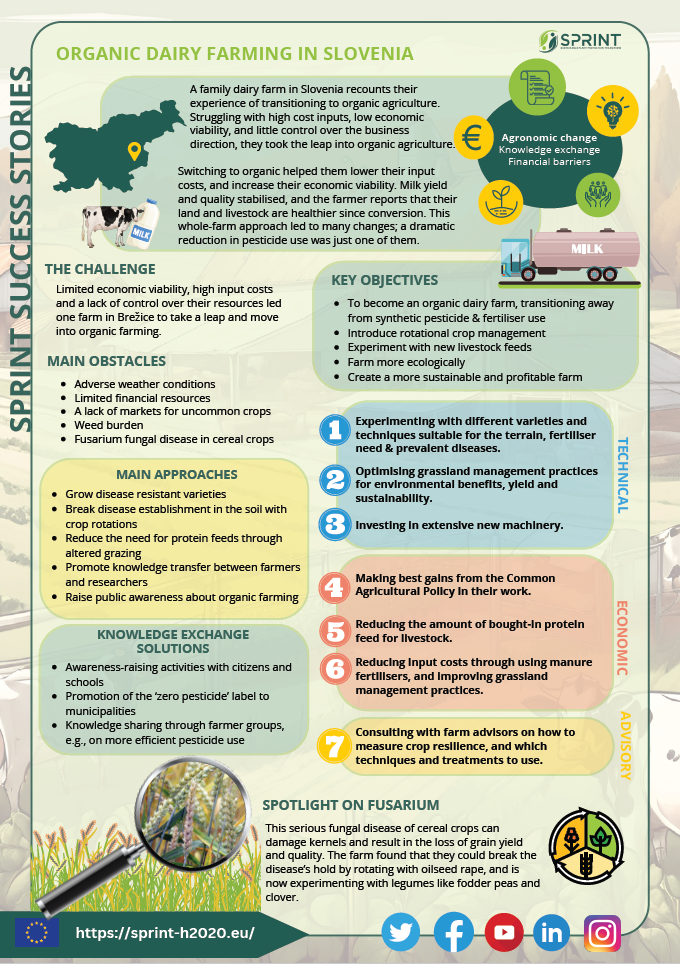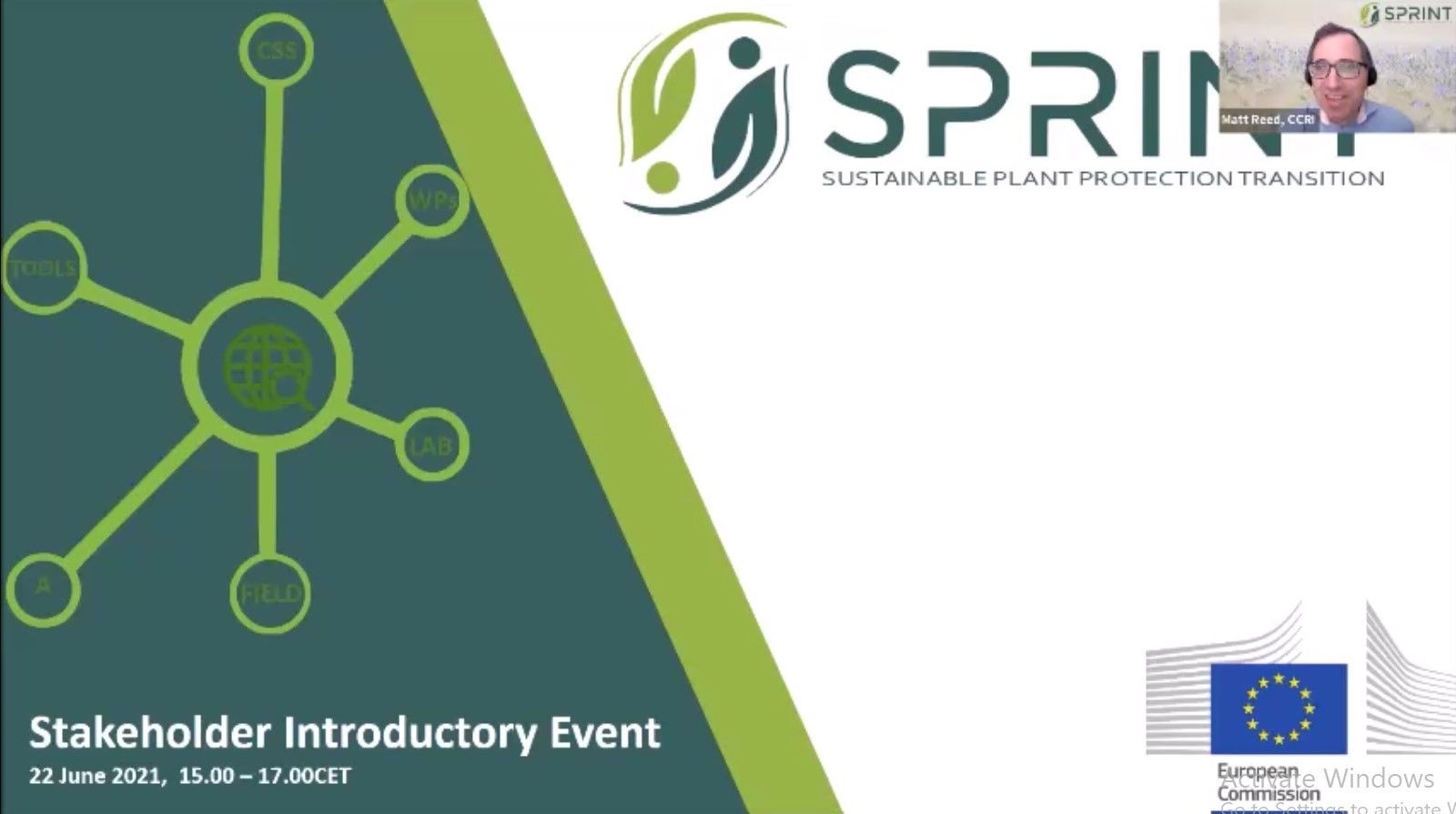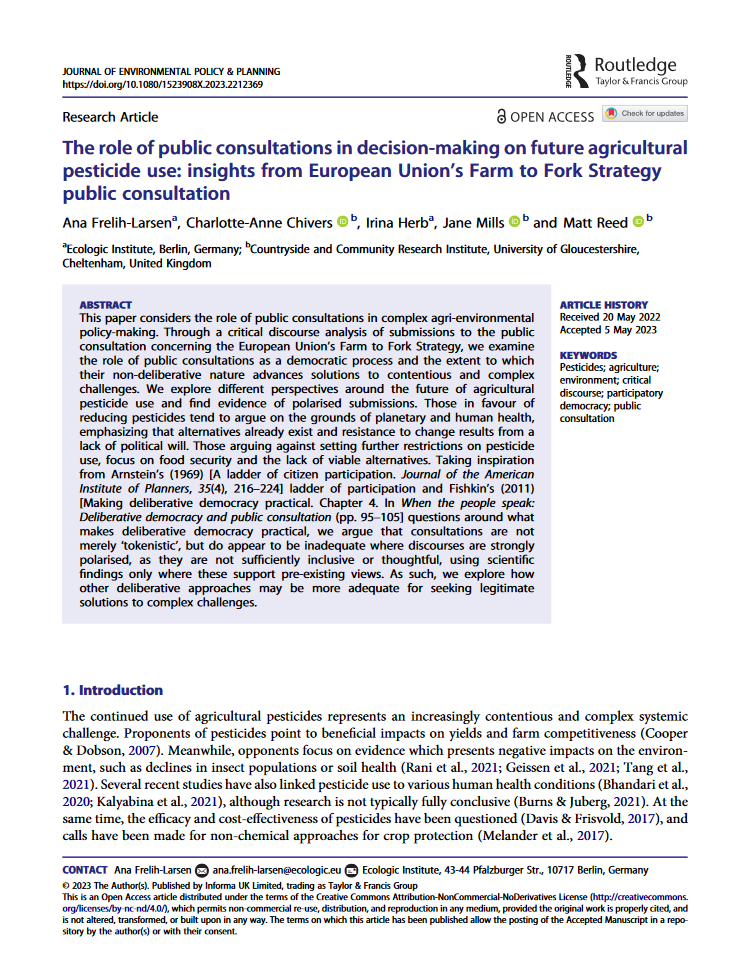
© Journal of Environmental Policy & Planning, 2023
The Role of Public Consultations in Decision-making on Future Agricultural Pesticide Use
Insights from European Union's Farm to Fork Strategy public consultation
- Publication
- Citation
Ana Frelih-Larsen, Charlotte-Anne Chivers, Irina Herb, Jane Mills & Matt Reed (2023): The role of public consultations in decision-making on future agricultural pesticide use: insights from European Union’s Farm to Fork Strategy public consultation, Journal of Environmental Policy & Planning, DOI: 10.1080/1523908X.2023.2212369
Newly published research from SPRINT explores the extent to which public consultations likely contribute to democratic decision-making surrounding agricultural pesticide use. Through a critical discourse analysis of submissions to the public consultation concerning the European Union’s Farm to Fork Strategy, the authors, among them Ecologic Institute's Dr. Ana Frelih-Larsen, examine the role of public consultations as a democratic process and the extent to which their non-deliberative nature advances solutions to contentious and complex challenges.
The authors explore different perspectives around the future of agricultural pesticide use and find evidence of polarised submissions. Those in favour of reducing pesticides tend to argue on the grounds of planetary and human health, emphasizing that alternatives already exist and resistance to change results from a lack of political will. Those arguing against setting further restrictions on pesticide use, focus on food security and the lack of viable alternatives. Taking inspiration from Arnstein's (1969) [A ladder of citizen participation. Journal of the American Institute of Planners, 35(4), 216–224] ladder of participation and Fishkin's (2011) [Making deliberative democracy practical. Chapter 4. In When the people speak: Deliberative democracy and public consultation (pp. 95–105)] questions around what makes deliberative democracy practical, we argue that consultations are not merely 'tokenistic', but do appear to be inadequate where discourses are strongly polarised, as they are not sufficiently inclusive or thoughtful, using scientific findings only where these support pre-existing views. As such, we explore how other deliberative approaches may be more adequate for seeking legitimate solutions to complex challenges




